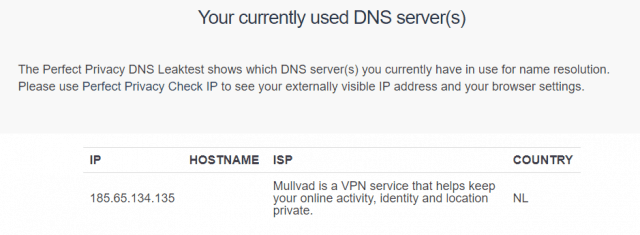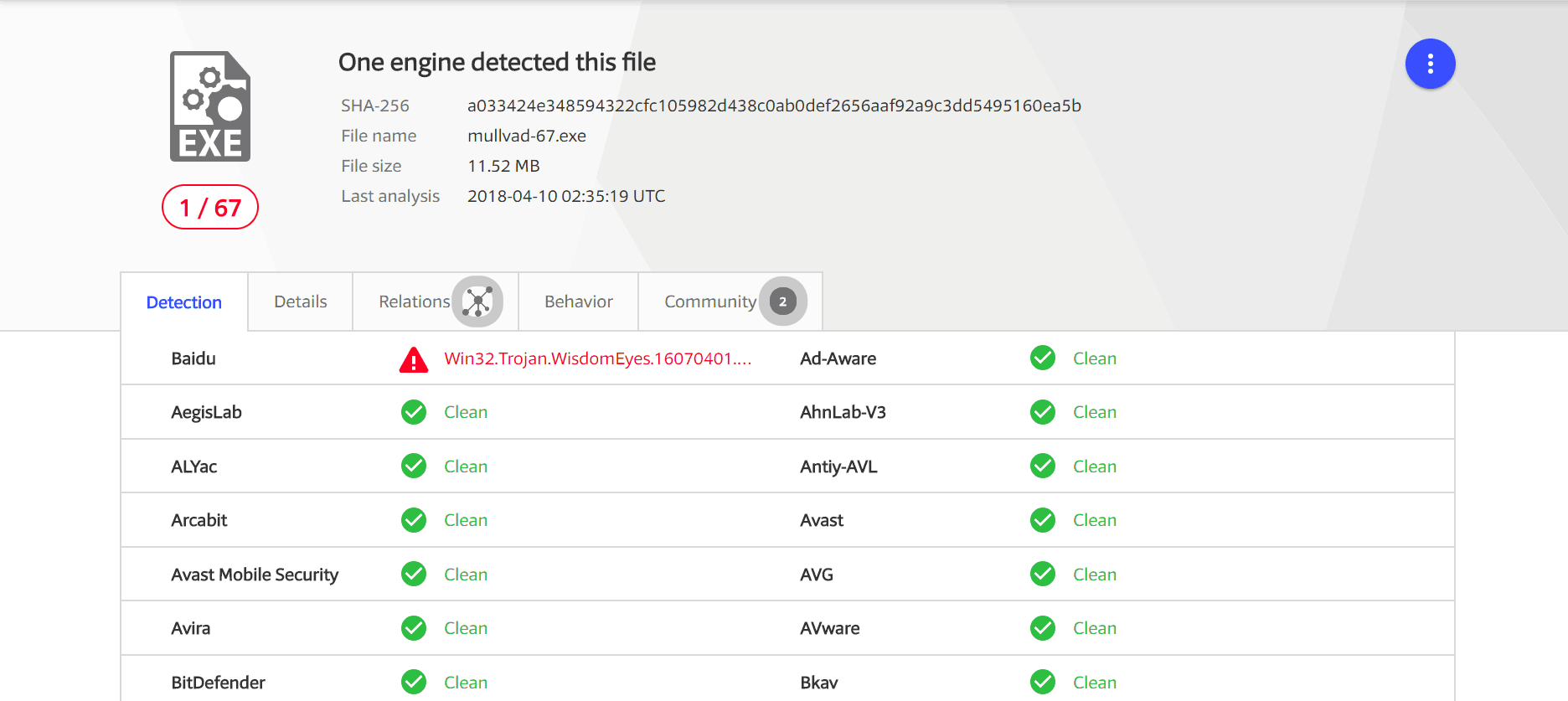

The admins told me not to bother doing it but I tried and I've switched back. Latency went up and sometimes my Always On connection would basically "fall asleep" and I'd need to reconnect to the VPN.

Meanwhile my Private DNS setting was also my ControlD encrypted setup. It worked well but, because of the way the ControlD proxy function works, I was spoofing my location in Windscribe to New York whilst also spoofing my location to Miami (for my Xfinity subscription) within ControlD.

So I decided to experiment and use my ControlD IP's in the Wireguard client instead of the Windscribe IP's. The difference is that ControlD is an adblocking encrypted proxy type dns that almost functions like a vpn in terms of geolocation. My setup is somewhat unique in the sense that my VPN provider (Windscribe) and DNS provider (ControlD) are the same company so trust isn't an issue. You are using the vpn server of another person, of another server, that is located elsewhere Mullvad is a different use case, mullvad is similar to something like ExpressVPN whereby you are using the vpn on another server Public IP can always be refreshed and changed though My dns server(s) are all in the private network past the firewall, not exposed anywhere externally The only port i opened is my vpn server, to go into my home network, you need to get through my firewall If you dont know my public IP, you cannot connect to my Wireguard or IPSec instanceīut if you know my public IP, im gonna get attacked remotely anyways, so thats a thing most vpn server managers would already take into consideration, and thats where the firewall, encryption and validation comes into play My vpn server is connected via public IP yes, if you know my public IP in theory assuming I dont change it, it will map to me - but this is the case in general, regardless of VPN or not Yes and no, The purpose of self-hosting a VPN server is specifically to access my home network remotely from the external network


 0 kommentar(er)
0 kommentar(er)
